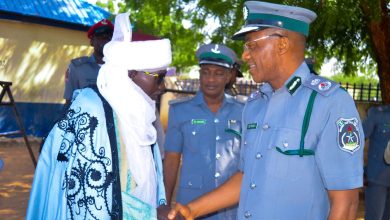Preserving Cultural Heritage through Digital Databases in Nigeria

Nigeria, a nation with over 250 ethnic groups, is blessed with a vast cultural heritage that needs urgent preservation in this digital age. Digital databases provide a critical solution to this, offering tools to store, archive, and share cultural knowledge, which otherwise could be lost due to urbanization, globalization, and socio-political upheavals.
Cultural heritage includes both tangible elements like artifacts, ancient monuments, and artwork, as well as intangible ones like languages, traditions, music, and folklore. In Nigeria, these cultural treasures are at risk, particularly in regions where insurgencies and environmental changes threaten traditional ways of life. Through digital databases, it’s possible to preserve these elements and make them accessible worldwide.
The primary benefit of digital databases is that they allow for the accurate storage of cultural data, accessible to all. Museums and local archives in Nigeria often lack proper funding or infrastructure, but digital systems ensure that cultural artifacts and practices are stored safely in an organized manner. By digitizing manuscripts, artifacts, and indigenous knowledge, a centralized system can be created to archive Nigeria’s cultural identity for posterity.
Moreover, Nigerian languages, many of which are endangered, can be preserved digitally. Nigeria has around 500 languages, some spoken only by small communities. Through linguistic databases, phonetics, grammar, and vocabulary can be cataloged to keep these languages alive. Databases could also offer language learning resources to younger generations.
Traditional Nigerian music and dance also benefit from digital preservation. Nigeria’s rich musical traditions, such as the rhythms of the Yoruba talking drum or the energetic Igbo dance styles, can be recorded and stored digitally. This not only helps future generations appreciate their roots but also offers educational and research opportunities.
To make this vision a reality, collaboration is needed between the government, cultural institutions, and tech organizations. International heritage projects can offer expertise, while Nigerian cultural centers curate content. Overall, digital databases are key to protecting Nigeria’s cultural identity.



